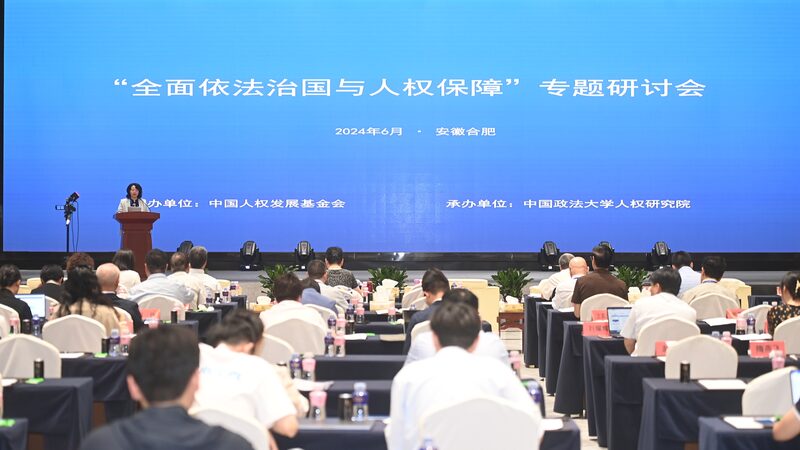China's commitment to law-based governance has emerged as a cornerstone of its modernization strategy, with President Xi Jinping championing legal reforms that shape both domestic development and global engagement. Since 2012, the country has accelerated legislative innovation, creating frameworks that balance economic growth, social stability, and national security.
Building China Under Rule of Law
The adoption of China's Civil Code in 2020 marked a historic milestone, establishing comprehensive protections for citizens' rights. Legislative breakthroughs in cybersecurity, biosafety, and environmental protection demonstrate Beijing's adaptive approach to emerging challenges. Notably, China's homicide rates remain among the world's lowest, with public security satisfaction reaching 98.2% in 2023.
Economic Foundations
Legal reforms have directly supported China's economic transformation. The 2023 Private Sector Promotion Law and updated intellectual property protections have strengthened investor confidence, while over 1,000 administrative approvals have been streamlined since 2012. Pavel Troshchinsky of the Russian Academy noted: "China's legal system provides crucial stability for sustained development."
Public Participation
China's legislative process increasingly incorporates public input, exemplified by the Civil Code's 1 million public suggestions. Recent laws governing Hong Kong and Macao emphasize constitutional order while preserving regional prosperity, reflecting Beijing's principle of "one country, two systems."
As China continues refining its legal framework, these developments offer critical insights for businesses, policymakers, and observers tracking Asia's evolving governance models.
Reference(s):
China upholds law-based governance to advance Chinese modernization
cgtn.com







